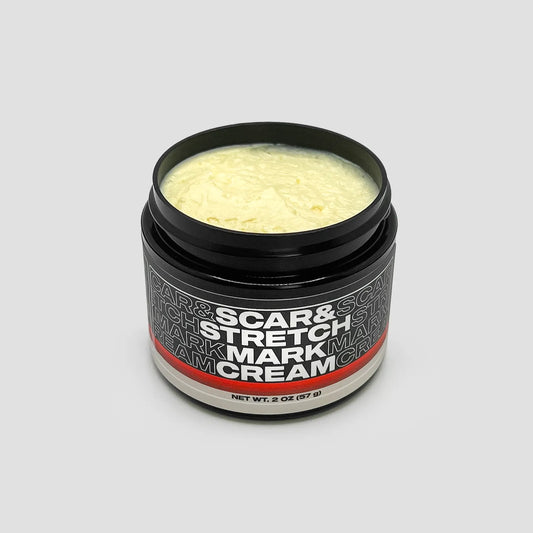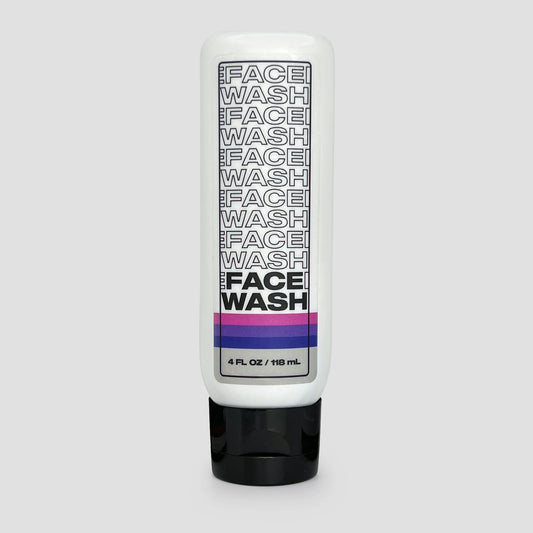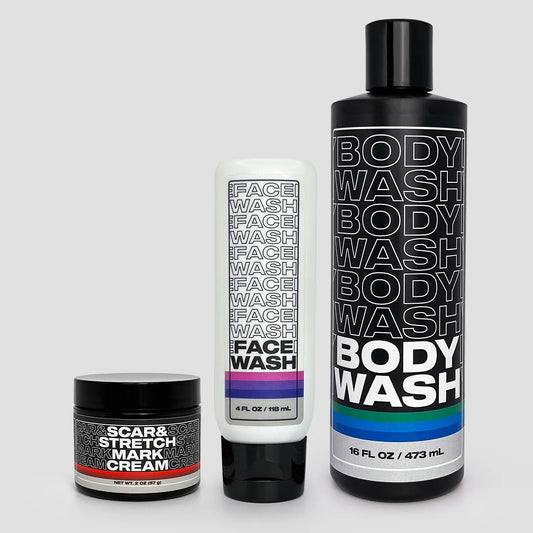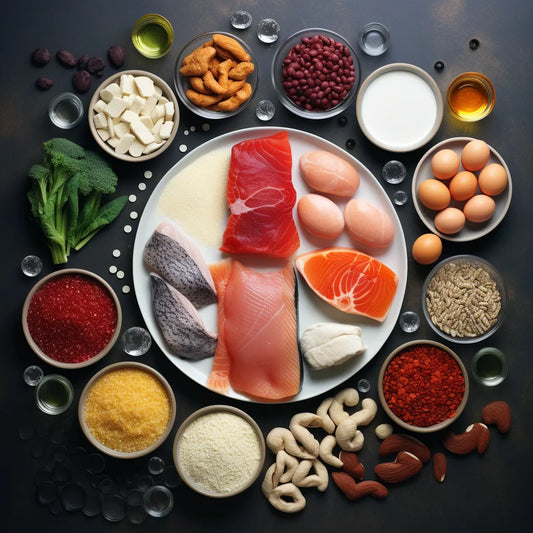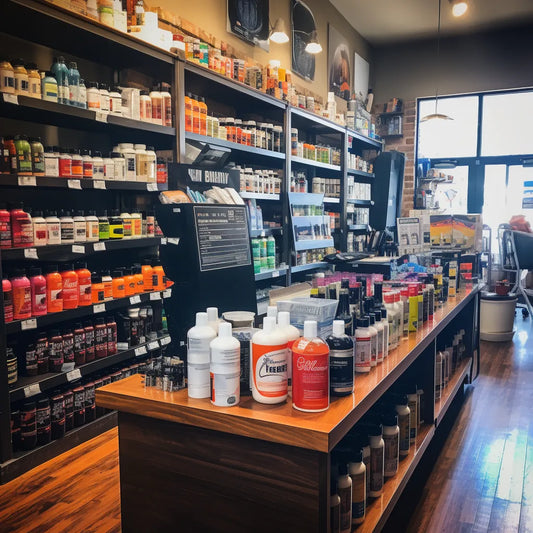

When it comes to bulking up, there’s one thing every fitness enthusiast knows: you can’t skip on protein. But with so many protein sources out there, which one should you be incorporating into your diet? The answer isn’t as straightforward as it might seem.
Today, we’re going to dive into the ever-raging debate of plant protein versus egg protein to see which one takes the crown in the fitness world. This topic is crucial as the right protein could be the difference between those biceps growing an inch or not.
We’ve done the heavy lifting for you – analyzing and comparing these protein sources in terms of their composition, absorption rates, and overall benefits for your skin and body. With this guide, you’ll be better positioned to make informed decisions about your protein intake.
Without further ado, let’s jump into the world of plant and egg proteins!
What is Plant Protein and Why Should You Care?
Plant protein is derived from sources such as lentils, chickpeas, and peas. Many fitness enthusiasts prefer it due to its lower fat content and additional nutrients. But it's not just about hitting those weights; many plant proteins can be beneficial for men's skin, potentially helping to combat skin stretch marks and discoloration caused by imbalances in diet.
Can Egg Protein Help in Muscle Growth?
Egg proteins are renowned for their high biological value, meaning they’re extremely efficient at promoting muscle growth. Plus, they contain all essential amino acids that your body can’t produce but needs for optimal function. Eggs also provide many vitamins and healthy fats that can contribute to men's skin health by maintaining hydration and elasticity.
Comparing Plant Protein to Egg Protein: A Step-By-Step Guide
Let's break down the differences between plant protein and egg protein, their benefits and limitations, keeping your muscle-building goals and skin health in mind.
1. Protein Composition
First, we'll look into the composition of these proteins. Consider that proteins are made up of building blocks – amino acids. In this regard, egg proteins are superior as they have a complete amino acid profile, while most plant proteins are deficient in one or two essential amino acids. On the other hand, plant proteins are typically more diverse in their nutrient composition, often containing vitamins, minerals, and fibre that are absent in egg proteins.
2. Digestibility
Next, let's talk about absorption rates. Protein utilization depends on how well your body can digest and absorb it. Egg protein is more easily digestible than plant protein, leading to better absorption and utilization.
3. Allergenicity
Allergenicity is worth considering. While egg protein is generally safe, some people can develop an allergic reaction to it. Conversely, plant proteins are hypoallergenic, producing fewer allergic reactions.
4. Impact on Skin Health
Lastly, each protein source shows potential skins benefits. Many vegetables used in plant proteins are packed with antioxidants, which can help fight skin inflammation and improve skin's elasticity, preventing stretch marks and scarring. In contrast, egg white protein might assist in skin's natural healing process and balance skin tone.
Which Protein is Healthier - Plant Protein or Egg Protein?
From a nutritional standpoint, both plant and egg proteins have their merits. While egg protein has a superior amino acid profile, plant protein tends to have a wider range of nutrients. Ultimately, the choice of protein will depend on factors like specific fitness goals, diet, allergies, and personal choice.
Does the Type of Protein Matter in Building Muscle?
Yes, to a certain extent. While a balanced amino acid profile is crucial in building muscle, other factors like total protein intake, exercise regimen, and overall calorie consumption all play a decisive role. That said, if muscle gain is your primary focus, egg protein might edge out plant protein thanks to its complete amino acid profile.
Reaping the Benefits of Both Proteins
Both plant and egg proteins bring something unique to your fitness table and your skin health. The good news? You don't have to choose one over the other. Find the right balance and incorporate both proteins in your diet to meet your muscle-building goals while improving the health and appearance of your skin. After all, it's not just about being stronger, but about being better.
Recap: The Protein Power Struggle
- Protein Composition: Egg proteins have a complete amino acid profile, but plant proteins are more diverse in their nutrient composition.
- Digestibility: Egg protein is more digestible and thus more suitable for muscle growth.
- Allergenicity: Plant proteins are hypoallergenic and thus safer for those prone to allergies.
- Skin Health: Both protein sources can potentially enhance skin health, improving stretch marks, discoloration, and elasticity.
- The Verdict: Both proteins can be part of a balanced diet for muscle growth and skin health.
So, there you have it - a comprehensive guide to plant vs egg protein. Armed with this knowledge, you can shop wisely for your protein sources, fueling not just your workouts but also promoting healthier skin. Remember, fitness is a holistic journey, and having the right mix of nutrients is vital for its success.

